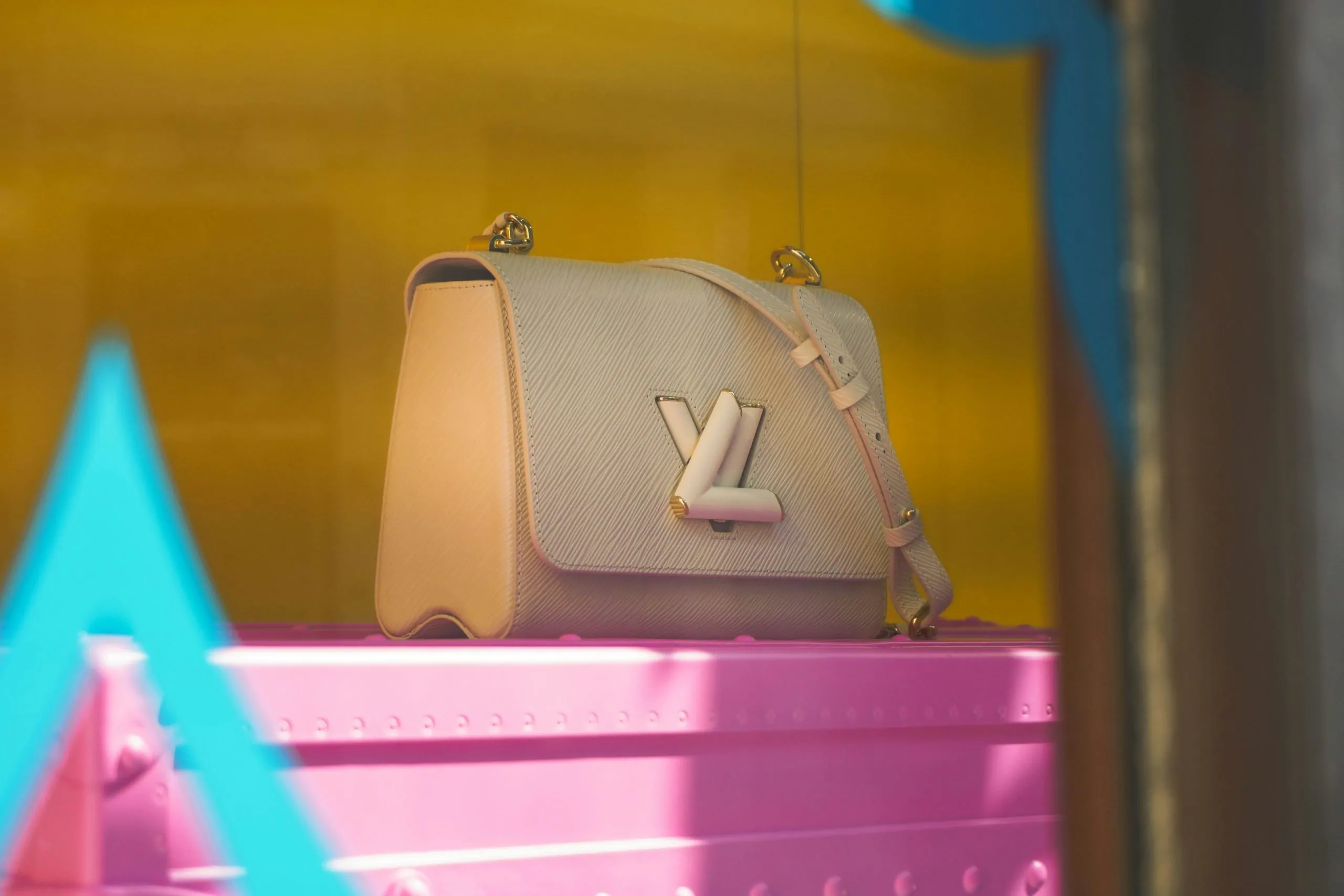
There’s no denying the thrill of uncovering a high-end gem at a fraction of its retail price. Whether you’re thrift shopping for fun, sustainability, or to score a luxury deal, secondhand stores can offer plenty of hidden treasures. But not all that glitters on the resale rack is gold.
While some used luxury items, like handbags or vintage watches, can be smart, safe investments if properly authenticated, others come with too much risk or hidden drawbacks to justify the savings. Some are nearly impossible to verify. Others may lose value, become unsafe, or cost more to repair than they’re worth.
Before you splurge at your local thrift boutique or click “buy now” on a resale site, here are seven luxury items you should think twice about buying secondhand.
1. Designer Beauty Products
That sleek Chanel lipstick or Dior foundation might look brand new, but cosmetics are one of the riskiest luxury items to buy secondhand. Once opened—even if only once—makeup and skincare products can harbor bacteria that lead to infections or skin irritation.
Expiration dates are also hard to track, especially if the packaging has been wiped clean or tampered with. And since counterfeit luxury beauty products are widespread, what you’re buying may not even be the real deal.
It’s best to stick with authorized retailers for cosmetics and skincare. The risk just isn’t worth the savings.
2. High-End Mattresses or Bedding
Luxury mattresses can cost thousands of dollars, and while it might be tempting to buy one used from a high-end estate sale or consignment shop, the truth is that you’re sleeping on someone else’s history.
Even the most premium mattress loses support over time, and older models may not be compatible with modern bed frames or adjustable bases. Worse, mattresses can carry allergens, mold, or even bed bugs—issues that aren’t always visible on the surface. The same goes for designer bedding or pillows. If it’s been used or even stored improperly, it could compromise your comfort or health.
3. Luxury Footwear
That pair of lightly worn Christian Louboutins might look fabulous, but designer shoes, especially heels, mold to the original wearer’s foot. Over time, this affects the fit, arch support, and even the structural integrity of the shoe. Secondhand luxury footwear often shows wear in subtle but important ways: stretched leather, weakened soles, or uneven wear that can cause discomfort or damage your posture. Unless the shoes are truly brand new with tags and in the original box, it’s usually smarter (and safer) to buy designer shoes firsthand.
4. Expensive Watches Without Proper Documentation
There’s a booming secondhand market for luxury watches, but it’s also a space flooded with fakes, Frankenstein watches (made from mixed parts), and stolen goods.
If you’re considering a pre-owned Rolex, Cartier, or Patek Philippe, proper documentation is non-negotiable. You should receive the original box, authenticity papers, and service history. Without these, the resale value drops dramatically—and there’s no way to verify if you’re wearing the real thing.
5. High-End Electronics
Luxury electronics like Bang & Olufsen speakers, premium espresso machines, or $1,000 hair dryers may be appealing on resale sites. But these items are prone to wear and tear that can be hard to detect until it’s too late.
Luxury electronics often come with a short warranty that may not transfer to secondhand buyers. And repairs? They can be costly and complex, with parts that are either proprietary or no longer available. Unless it comes from a reputable refurbisher with a clear return policy, we recommend steering clear.
6. Designer Sunglasses
While secondhand designer sunglasses are a popular find, they’re often a breeding ground for counterfeits. Knockoff frames can look incredibly close to the real thing—right down to the logo and serial number.
But fake sunglasses may not offer proper UV protection, and lenses may be warped, scratched, or unsafe for your eyes. Plus, damaged hinges or misaligned frames are common and can make even real pairs uncomfortable to wear. If you must buy designer shades secondhand, make sure you’re buying from a verified reseller or authentication service—not a local flea market or unverified online listing.
7. Luxury Kitchen Appliances
That gleaming espresso machine or $800 Vitamix blender might seem like a great deal at a consignment shop, but luxury appliances are often sold secondhand without warranty, and they may have internal issues that don’t show up during a quick test. Unless you’re buying from a professional refurbishing source that tests and guarantees performance, luxury kitchen gear is a gamble. Parts may be worn, discontinued, or too expensive to replace, turning your “deal” into a costly paperweight.
When the Price Seems Too Good to Be True, It Probably is
Secondhand shopping can be a smart and sustainable way to score deals, but when it comes to luxury items, it pays to be extra cautious. The value of a brand name isn’t just in how it looks. It’s in how it performs, how it lasts, and whether it was made and sold with the care and authenticity the brand promises. In many cases, saving a little money upfront isn’t worth the long-term risk, especially if you end up with a fake, a health hazard, or something that breaks down shortly after you bring it home.
What’s your take? Have you ever scored a real luxury find secondhand or gotten burned by a bad buy?
Read More:
20 Items You Should ALWAYS Buy From The Thrift Store (Anywhere Else Is A Waste of Money)
Fun Side Hustle: Upcycling Thrift Store Finds for Profit
Riley is an Arizona native with over nine years of writing experience. From personal finance to travel to digital marketing to pop culture, she’s written about everything under the sun. When she’s not writing, she’s spending her time outside, reading, or cuddling with her two corgis.
Comments